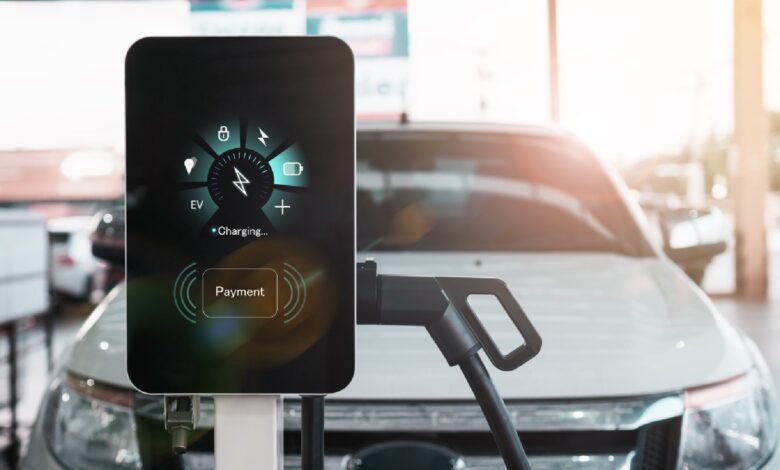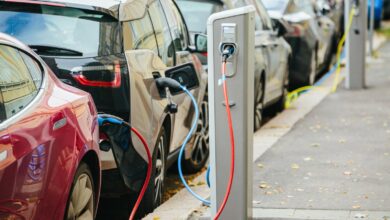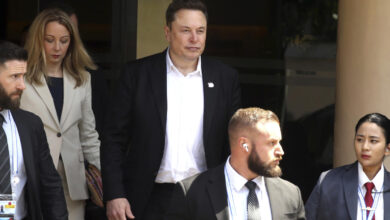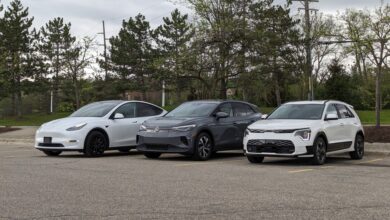Crisis in the electric vehicle market

Electric vehicles seemed to be the future of automation and the success of Tesla only encouraged other companies to try their hand at the product. The problem users and companies alike encountered was the lack of charging stations away from their home or large metropolitan areas. It was believed that the problem would be resolved in a few years as the EV popularity grew, but the sales of Electric Vehicles were never as high as expected, the ports were never widespread and now one of the key EV infrastructure companies called Charge Enterprises has filed for bankruptcy.
Charge Enterprises filed for Chapter 11 bankruptcy in the District of Delaware on March 7 and their assets will be transferred to a lender, Arena Investors, which will take full ownership of the company and its assets. These amount to more than $114 million and the company’s liabilities to around $48 million. If the deal works out and Arena Investors accepts the company’s restructuring plan, Charge Enterprises won’t need to close its doors an will continue to produce and maintain their charging ports, giving the Electric Vehicle market some breathing room before the next catastrophic company collapse.
Charge Enterprises alleges that solvency was not a problem for them and blames the bankruptcy filing on previous investment advisor, Korr Acquisitions Group, and Kenneth Orr, its former chairman in particular. According to statements, Korr was charged with holding $10 million to pay some of the company’s debt, but the money was unavailable when the debt was called, causing them to default. As of right now the validity of these claims in unclear.
It seems though that the entire Electric Vehicle industry is running int problems, Charge Enterprises is the fourth company in the sector to file for bankruptcy recently. EV producer Lordstown Motors, EV parts producer Proterra, and Electric Last Miles Solutions all filed after 2022 because of low sales.
The most prominent case was that of Lordstown Motors, Ohio EV producer, that on top of dealing with bankruptcy and being bought out also had to deal with an investigation by the U.S. Securities and Exchange Commission because of claims of investors being misled about their pickup truck.
The future of Electric Vehicles
So, what could be done to incentivize the purchase of Electric Vehicles? The US government already has several incentive programs at both the federal and state levels to provide tax credits for people interested in buying EVs, but it just isn’t working. The lack of available charging stations seems to be one of the biggest impediments for citizens, as always charging it at home is inconvenient and increases the electric bill.
Another important factor seems to be the lack of reliability of EVs. A 2023 Consumer Report study showed that EVs had 80% more problems than gas-powered vehicles, making them costlier to maintain and more likely to break down at inconvenient times. When considering they also usually come with a higher price tag (an average of 28% more than a gas vehicle), it is no wonder incentivizing the public is such a titanic effort and not even the promise of lower costs in the long run can make them change their mind.
More established car manufacturers like Ford are even reassessing their production of Electric Vehicles seeing that the market is not responding as predicted. Their R&D investment into the new technology seems to not have been enough to sway consumers to purchase the new models and they are cutting in half their production of the 2024 F-150 EV model.
Just a taste of what is to come if the industry is not capable of updating itself and fixing the issues that consumers have pointed out repeatedly. If something does not change soon, the problem will become even bigger, making investors pull out of new projects and stagnating the technology for years to come.



